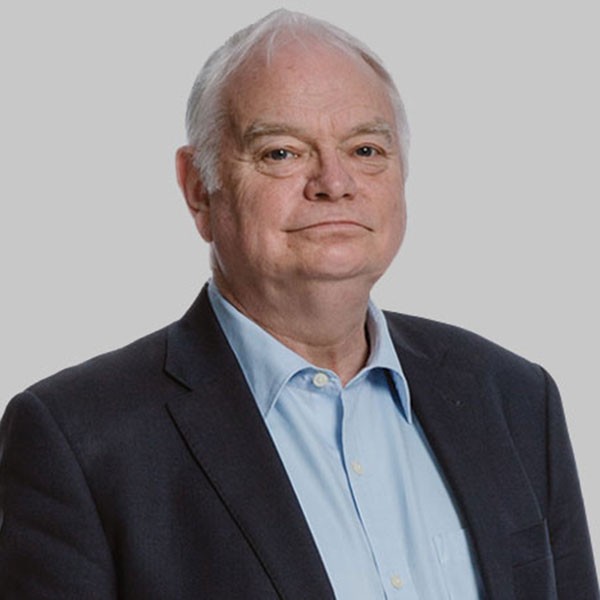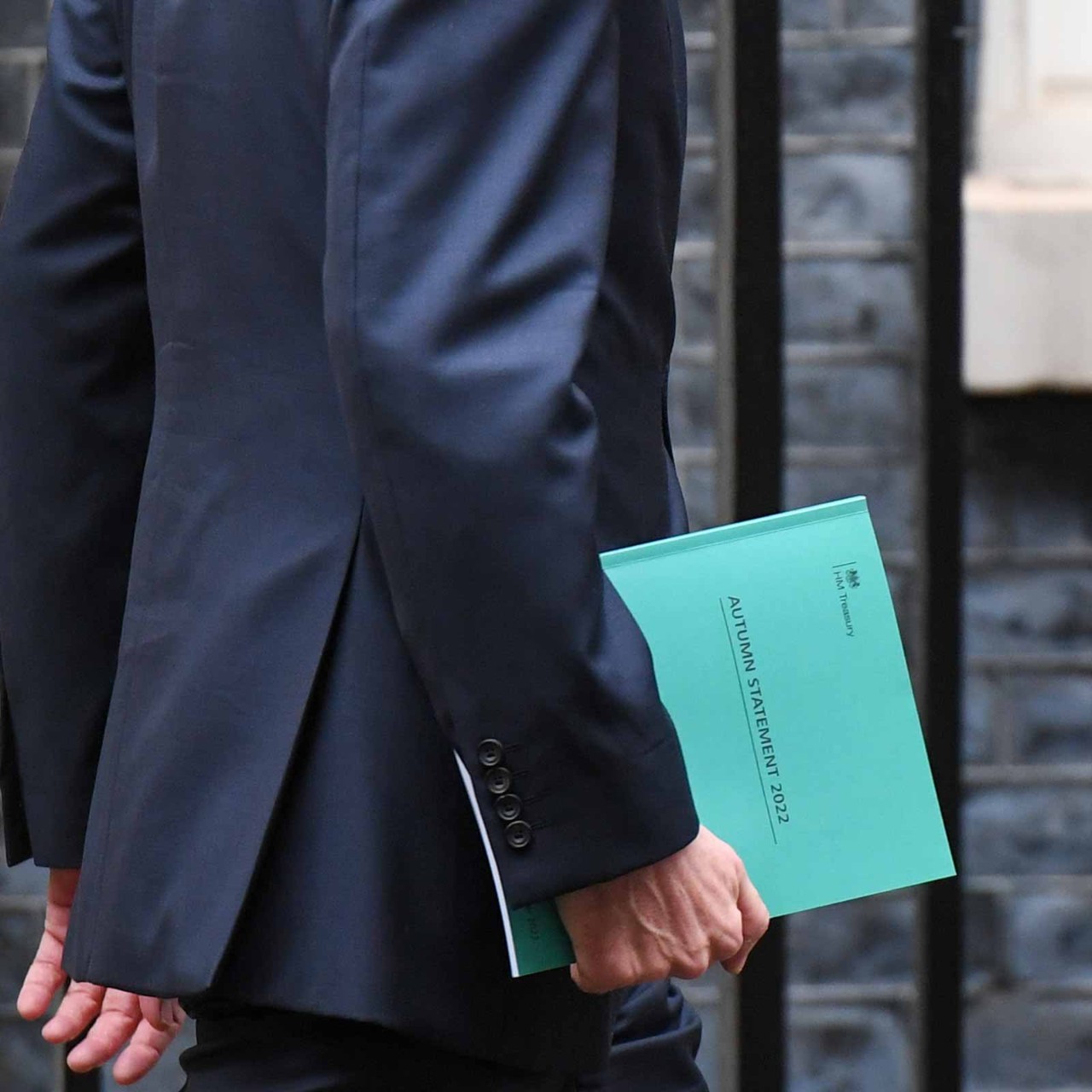
If the accountants were in charge of the tax system, we would undoubtedly focus on efficiency and look to construct a regime bursting with practicality. Sadly, it is not us who hold reins but a government with little sense of the purpose of a tax system.
Ministers are continually arguing that they haven’t the cash for all manner of sensible, commonsense things. They will insist that only a universal tightening of belts can bring about the results that are sought. But they are, almost comically, looking down the telescope from the wrong end.
Their overriding aim should not be to trim budgets, exert more discipline or bring spending to heel, but to create more revenue in the first place to fund what is required. And the best way to do that would be to make the tax system more effective, more efficient and, above all, more responsive to change.

None of it appears to be what you would call taxpayer-facing. Quite the opposite
In denial
Whenever the tax system encounters any inkling of a new world, it places a metaphorical paper bag over its head and pretends that all is well and no change is required.
You could take the tortuous progress of the Making Tax Digital project, delayed yet again, as an example. What ought to be a system that makes life digitally as simple as possible shows all the signs of the whole thing being designed from the wrong end of the telescope once more.
None of it appears to be what you would call taxpayer-facing. Quite the opposite. But increasingly that is how the tax system is allowed to work.
At a time when the business world is changing fast, tax policy and implementation is lost in its own bubble
In its annual report, the tax authority, HMRC, tried to deflect criticism of falling standards by insisting it was in the midst of a massive recruitment drive. It took a freedom of information request from the sharp-eyed souls down at accountancy firm RSM to force the admission that rather than the number of customer service staff increasing, as the official line had it, the head count is in fact dropping.
At a time when the business world is changing faster than at any time in recent history, tax policy and implementation is lost in its own bubble. One clear example of the tax authority’s cultural capture is the decision during the few days of Liz Truss’s time as prime minister to close down the Office of Tax Simplification (see my earlier article ‘Why we need the OTS’).
Now that the OTS is gone, an independent gatherer and promulgator of sensible ideas on tax simplification no longer exists. In future, such things will be dealt with in-house by HMRC itself.
Creating a void
An illustration of the impact that the demise of the OTS will have is its examination of the tax implications of hybrid and distance working. The rug was pulled out from under the OTS’s feet before it could formulate its response or recommendations from its inquiry, but the concerns that the inquiry unearthed suggest the need for a myriad of changes in the tax system.
The difference between the business world as it is now and the way the tax authority behaves is stark
Our income tax system is based on an entirely different working pattern than the one that now prevails in many businesses. The last time the tax rules for travel and subsistence were revised, for example, was back in 1998. Hybrid working obviously creates the need for many changes in all manner of tax treatments. Working abroad for part of the time creates many more. The implications for tax policy and administration are huge. None of this is being addressed.
The difference between the business world as it is now and the way the tax authority behaves is stark. And that takes us back to the purpose of the tax system. Is it there to make life as complicated and mystifying as possible and so knock revenue-raising on the head as a result of the complexity? Or is it there to make life simpler and raise more revenue? For politicians it ought to be a no-brainer. But maybe brains don’t come into it.




